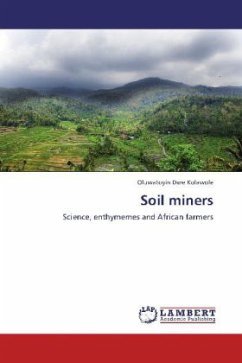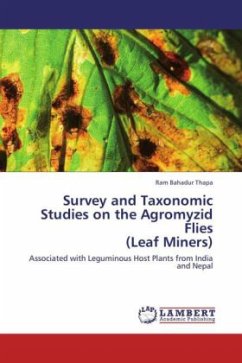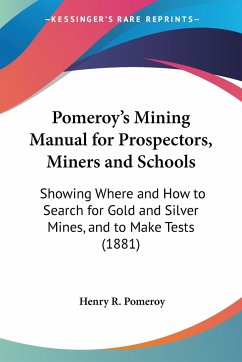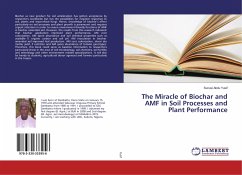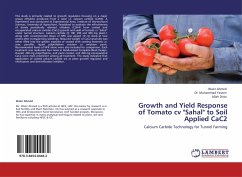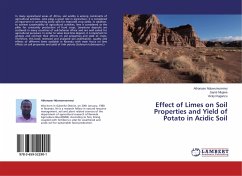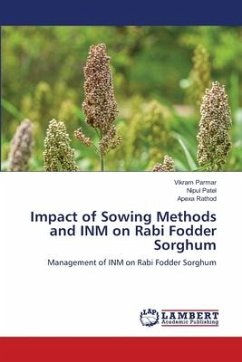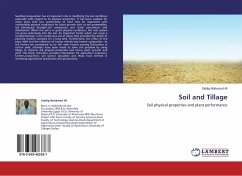Illogical arguments enthymemes, minor literatures, etc. are in the science world equated with unregulated forms of knowledge, diffused through time and space. But are they really what scientists say they are? Who and what determines what is acceptable as a universal knowledge? What makes an exposition or discovery scientific or otherwise? In what context is a body of knowledge perceived as a science or non-science? These are some of the contentious issues in power relations amongst knowledge producers and other cognate stakeholders. Farmers who are perceived as soil miners by scientists have always used local strategies and mitigating measures to achieve their goals, be they in soil management, pest management or other agricultural practices. Indeed, both science and local knowledge are not mutually exclusive. To achieve sustainable development, there is the need to find an appropriate mix between the two forms of knowledge. Essentially, this book argues for the relevance and objective valorisation of farmers knowledge in the implementation of integrated soil fertility management in Africa
